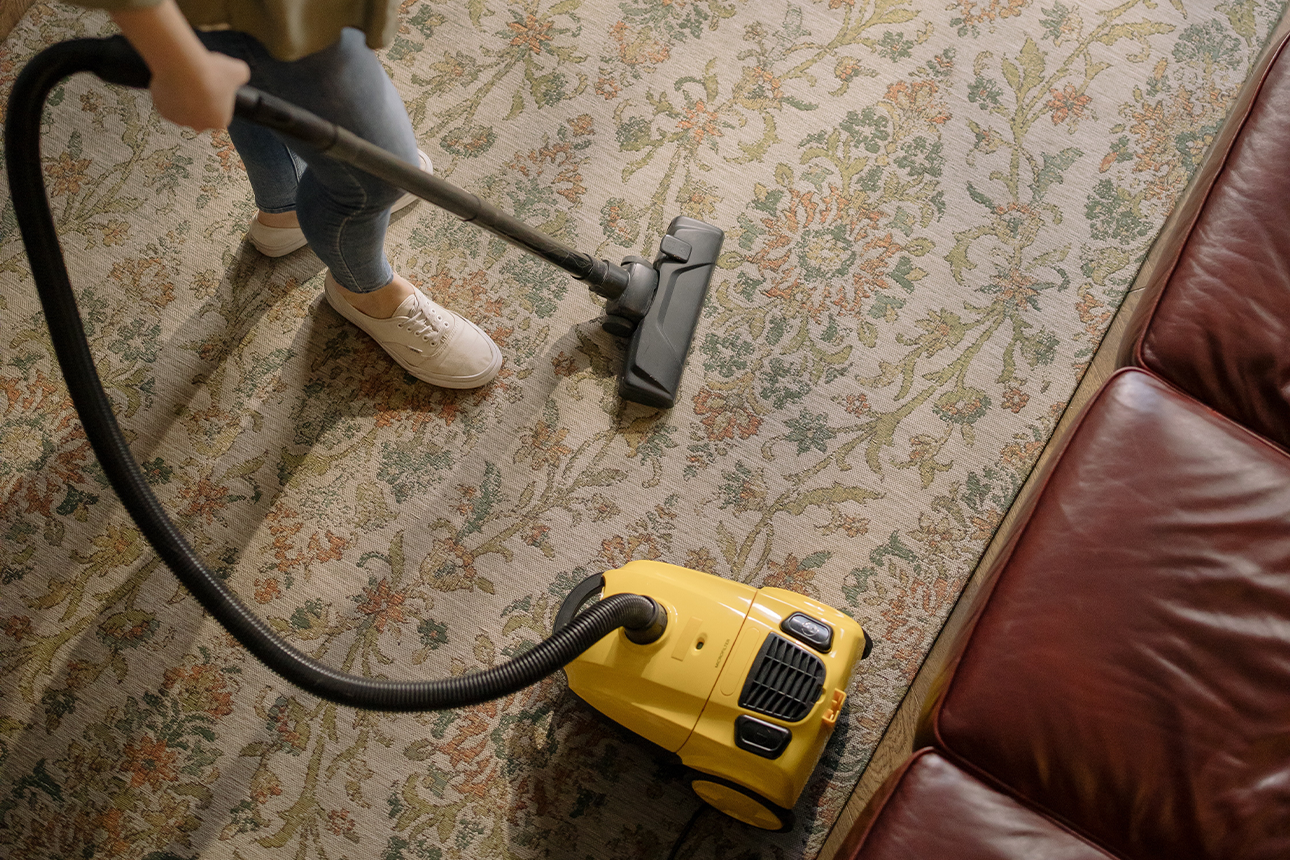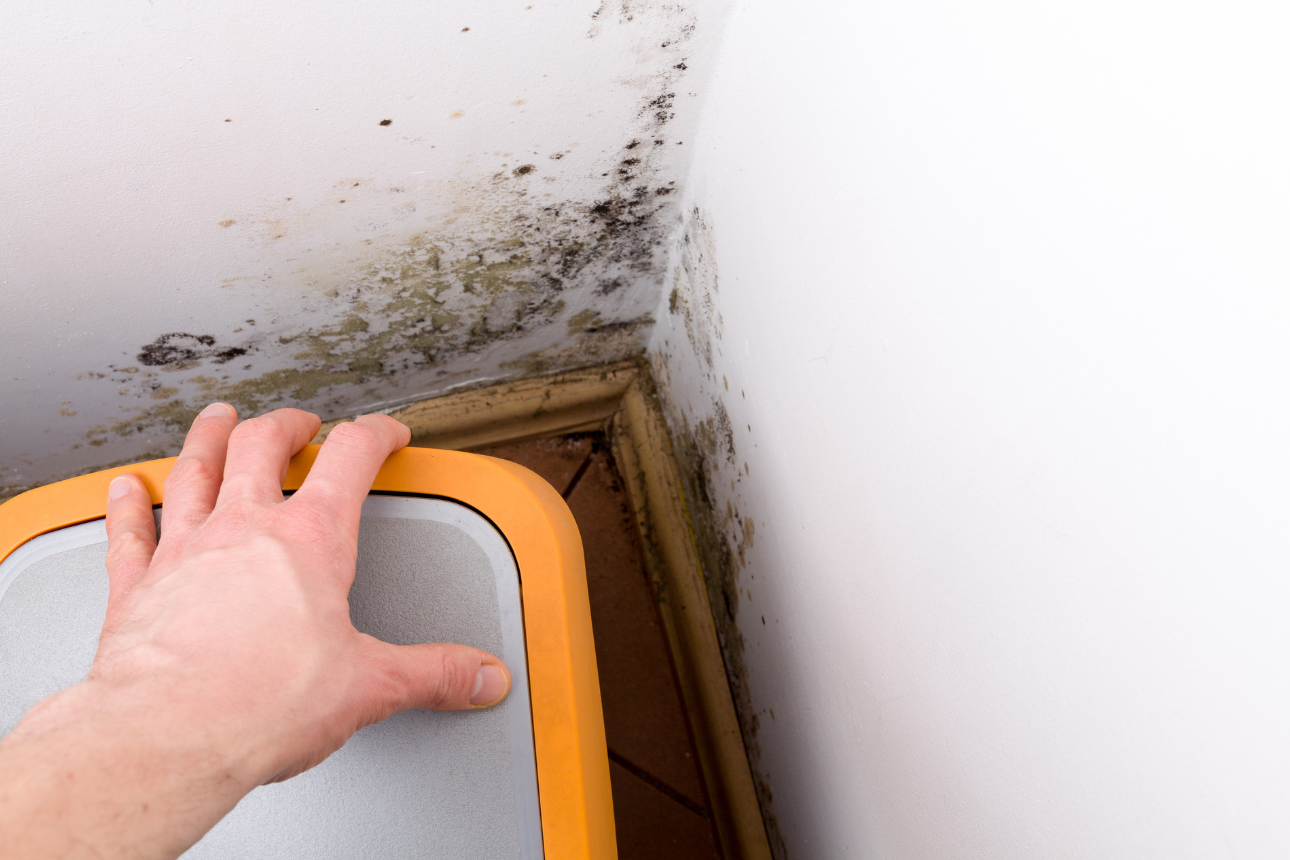
By Imogen Wara
Former Community Journalist | Kaihaurapa Kōrero Hapori
All private rental properties have until July 2025 to meet the healthy homes standards (HHS) within 120 days of any new or renewed tenancies. The standards state minimum criteria for heating, insulation, ventilation, draft stopping, moisture ingress and drainage, to ensure New Zealanders are living in healthy homes.
Yet, we've heard from renters who say they've become responsible for making sure the work is being done, and too many exemptions to the standards mean some homes are still unhealthy.
We look into whether the standards are working for renters.
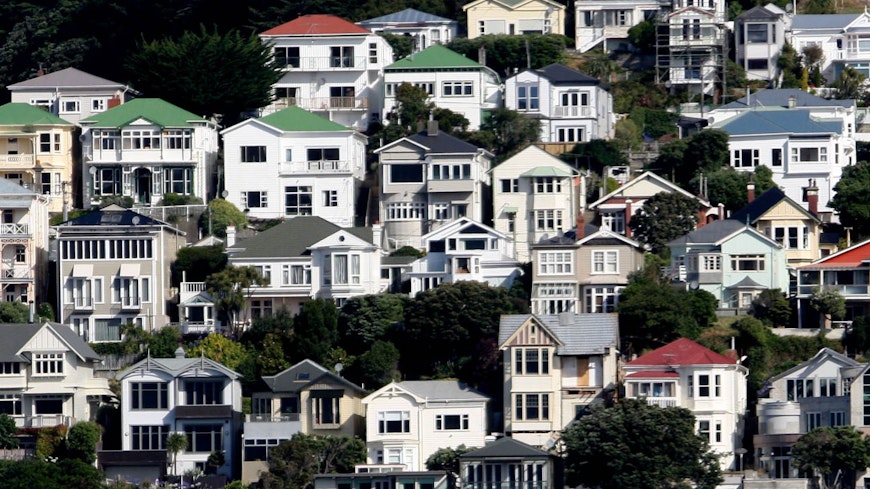
Central Wellington flats
Gambling health for shelter
Aaron* moved from Dunedin to Wellington three years ago after completing his post-graduate studies. Earlier this year he moved into a new rental in central Wellington with his partner and friend.
After submitting their tenancy application, the property manager sent Aaron all the paperwork to finalise the tenancy – including a healthy homes compliance form.
Aaron noticed large sections missing from the healthy homes compliance form. While he didn’t want to miss out on the flat by asking too many questions, he also didn’t want to move into an unhealthy home.
In the end, Aaron decided he needed to ask. He questioned the evidence of past leaks, as well as the quality of an internal bedroom’s ventilation system, and the kitchen rangehood – all things he noticed at the flat viewing.
The property manager was quick to soothe: the leaks had been fixed, and with the changing standards, any alterations due would be sorted in the first few weeks of the tenancy. Aaron felt reassured.
Understanding that the standards would be complied with, Aaron wrote an amendment to the agreement and clarified changes were on the way.
But the property manager’s response this time had a much more aggressive tone. They pointed out the flat could go to someone else, that they’d never send incorrect information, and that they’re trying to help Aaron’s trio find a new home – they aren’t the bad guys.
"At this point, I said, you know, maybe this is gonna end poorly, but I need to have the confidence and security that I actually have somewhere to live when I move out of my house,” Aaron said. He signed it.
After moving in, there was an urgent leak which burst through the ceiling and ran down the wall like a waterfall. “I mean, it was pouring. Thankfully, it was above the sink.”
True to their word, the property manager was quick to organise repairs and Aaron was grateful. However, there are some things they never got answers to, like information about the ventilation system in the bedroom. While this may not be a big deal for some, it is for Aaron and his partner who has asthma.
For the most part, the gamble that Aaron’s trio took worked out and they’re content with their flat. But it could just as easily not have.

Where does the responsibility fall?
We spoke to Geordie Rogers, the president of Renters United! - an advocacy group that calls for every renter to have stable, safe and healthy homes, with fair rent. They’re also pushing for improvements to the tenancy disputes systems.
Geordie told Consumer the HHS are better than nothing, but they certainly could be better. He believes that one of the main issues with them is how they’re enforced.
“The burden of enforcing [the healthy homes standards] falls on renters,” Geordie said. “The person who has the least power, the least time, the least money is the person renting. It doesn’t make sense that it’s their obligation to enforce those rights.”
Geordie suggested that before a home is rented out, the landlord should have to pay for an independent assessor to check the property and provide an independent assessment on whether the home meets the HHS.
While landlords are supposed to meet the standards, if they do not then it’s up to the tenant to report this. In some cases, this can be difficult due to the power imbalance between the renter and landlord or property manager.
The Ministry of Business, Innovation and Employment (MBIE) is responsible for enforcing the HHS. The Tenancy Compliance and Investigations Team (TCIT) aim to work with landlords to encourage compliance, however they also respond to complaints raised by tenants.
When Consumer reached out to MBIE, TCIT’s national manager Brett Wilson said serious breaches of the standards where landlords are uncooperative will be reported to the Tenancy Tribunal.
If private landlords are not meeting standards, whether non-compliant on one or all of the standards, they may be liable for exemplary damages of up to $7,200, or $50,000 if they have six tenancies or more.
Since December 2020, it has been a requirement for landlords to provide a statement of compliance at the beginning of a tenancy, indicating the extent to which the property meets the HHS. Landlords can hire an independent assessor to check their property or do it themselves.
If this information isn’t provided, there are penalties. Those who don’t include information may be fined up to $750, and those providing misleading or false information can be fined $900.
According to the Ministry of Housing and Urban Development (HUD), while 59% of landlords say the financial penalties are enough incentive, 37% said they're not motivated by the penalties.
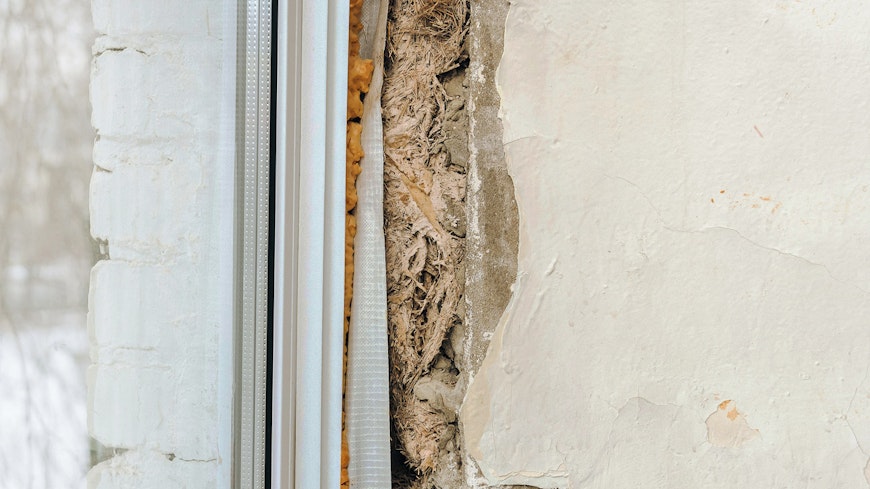
An old window in need of repair an insulation
Are exemptions a ‘get out of jail free’ card?
While all landlords need to take reasonable steps to comply, they can get exemptions for their properties.
Aaron doesn’t understand why there are so many exemptions and believes this needs to change to ensure homes are meeting standards.
He told Consumer he’s never rented somewhere where exemptions didn’t apply. A lack of wall or floor space allowing for insulation, or structural integrity disallowing for heat pump installation are some exemptions that Aaron has come across.
A representative for MBIE and HUD made clear that landlords must comply as much as reasonably practicable. This means if a heat pump cannot be installed, the landlords should discuss this with tenants to find an acceptable alternative way to heat the space.
The HHS have several sections dedicated to exemptions. Some mention prior property ownership, as well as upcoming demolition or structural renovations. Others identify the “practicability” of meeting the standards around heating, insulation, ventilation, and ground moisture barriers.
The wording of these exemptions may allow rental property owners to lease out homes that do not meet the minimum requirements for home health and safety.
HUD has identified that there are a number of reasons for exemptions to apply.
“Some of the exemptions also acknowledge where the costs to comply would outweigh the benefit ... e.g. where installing a heating system would require substantial building work or damage the property,” HUD told Consumer.
Renters United! conducted a study in 2022 where it went over the most recent Tenancy Tribunal hearings in relation to the HHS. It identified that slightly over a fifth of cases led to a fully successful outcome for the tenant(s).
Tenant claims were dismissed due to numerous things. Some cited a lack of evidence. Others were due to the 120-day timeframe landlords have to make any required changes to a rental property or because the lease started, or was renewed, before July 2021 – when the HHS were updated.
There is an application fee to go to the tribunal. If you’re successful, the other party can cover the fee, if ordered to by the tribunal. In addition to this, anything that goes through the tribunal becomes public record, and there is not always name suppression. This can be particularly problematic for renters who risk future flatting opportunities.
Are we doing enough to protect New Zealanders’ health?
Aaron believes if the HHS were achieved, they would be strong enough. Reflecting on the homes he’s lived in, Aaron feels the standards appear luxurious by comparison. He believes they largely fall short as there are too many exemptions and not enough regulation.
Geordie doesn’t believe the standards are enough and thinks there could be more done to make our homes healthier. However, he recognises our current standards are a starting point and that regulation of them needs to improve before the standards themselves can be fulfilled.
“What we were seeing [prior to the HHS] were tens of thousands of preventable hospitalisations, especially of children and young people in rentals,” Geordie said. “In the worst cases it was pneumonia and rheumatic fever. In the less severe, but still preventable cases it was lifelong asthma.”
“There was no incentive for landlords to provide [healthy homes] and there never will be an incentive to provide more than the bare minimum.”
Geordie noted that over the years there has been a shift in the attitudes of landlords from many being against the HHS, to now thinking they’re a good idea. It seems the improvements in New Zealanders’ health so far are proof the HHS are a positive change overall.
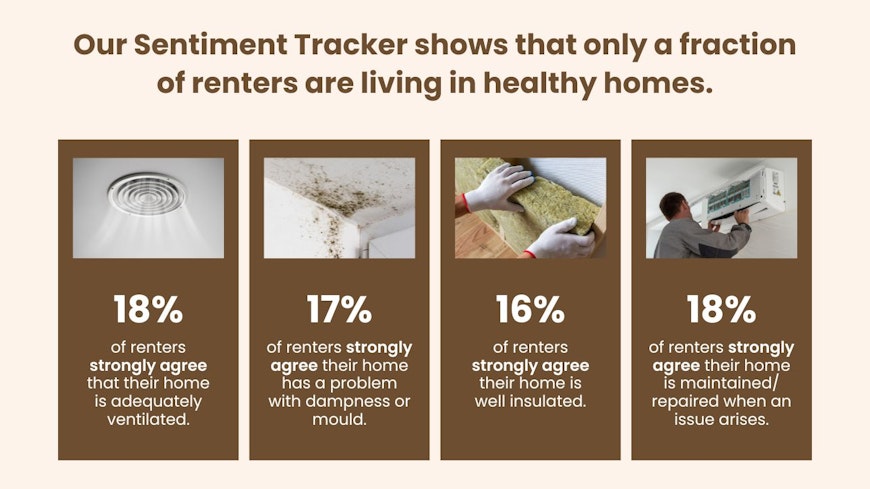
What are landlords saying?
HUD found that in 2022 nearly half of surveyed landlords reported they are committed to meeting the HHS. However, 23% are either less inclined or completely against the standards.
When asked for reasons for not complying with the HHS, 36% of landlords said the cost is too high, and 35% said one or more standards are impractical.
Consumer spoke to Sarina Gibbon who manages Auckland Property Investors Association.
Sarina said the standards are a good starting point, but that we won’t really know how effective they are until after the compliance deadline in 2025. Sarina suggests TCIT take a more proactive approach to healthy homes compliance after the deadline given that all residential tenancies should have complied by 1 July 2025.
A representative for MBIE and HUD told Consumer that TCIT have increased the amount of proactive compliance checks conducted in the past year, and this will continue to increase. TCIT focuses on areas where there is “a risk of the greatest harm.”
“We are seeing a shift in landlords’ mindsets towards accepting that these are business undertakings and with that should come the appropriate level of scrutiny and regulation,” Sarina said. “More landlords are seeing the standards as a win-win instead of a business expense forced on them.”
Sarina believes landlords meeting the standards by the compliance deadline is the bare minimum. "I would go further to suggest there is a moral responsibility to have the property up to standards as soon as possible,” Sarina told Consumer.
Based on HUD’s surveys it is apparent that knowledge of the HHS is improving every year. Alongside this, compliancy appears to be improving as well.
Changing the standards
Late last year, the Government pushed back the deadlines for meeting these standards. Now the final compliance date for private rentals is a year later (2025) and new or renewed tenancies compliancy has shifted from 90 to 120 days. These changes were due to limitations from COVID-19.
In addition to this, criteria of the standards, in particular heating, changed in May 2022. The changes came with measures stipulating that some private rental properties don’t need heaters to be as powerful as previously calculated.
This moving of the goal posts in terms of criteria was pointed out by Sarina as something that can be frustrating to landlords; referencing how the flip-flopping on heating standards meant several landlords installed heat pumps that were bigger than necessary.
There are resources available through the Tenancy Services website to support landlords with meeting their obligations. These include tools for compliance timeframes decisions, compliance statements and templates, and online heating and ventilation assessments.
At this point, it appears everyone is waiting to see clear improvements after the 2025 deadline. However, this won’t happen if rentals continue to slip through the cracks with meeting the HHS.
We need more robust regulation to ensure New Zealanders really are living in healthier homes, and if they aren’t they need to comfortably be able to report and improve this without repercussions – like risking their home.
*Names have been changed to protect privacy.
Public Interest Journalism funded through NZ On Air
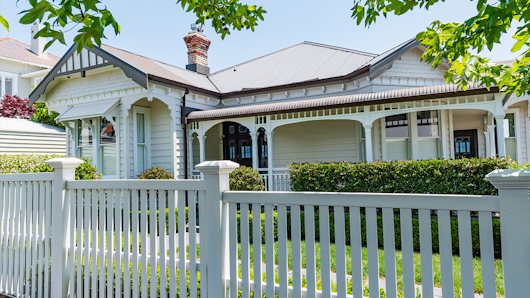
Do landlords have to provide heating?
We outline your landlords responsibilities and obligations under the Residential Tenancies Act.

